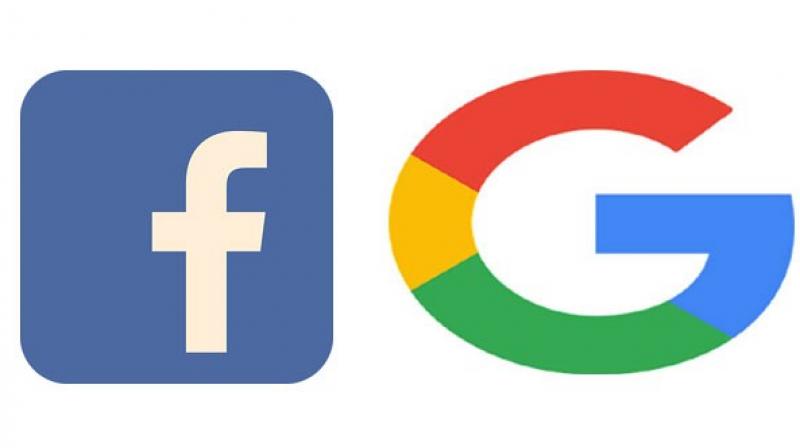G7 ministers reach consensus on taxing tech giants like Google, Amazon: France
G7 ministers \'fully supported a two-pillar solution to be adopted by 2020\', said a statement from France.

Chantilly: G7 finance ministers meeting in France on Thursday agreed a plan for a tech tax on digital companies such as Google, Apple, Facebook, Uber and Amazon that will set a minimum level of taxation for them.
Ministers "fully supported a two-pillar solution to be adopted by 2020", said a statement from France which holds the rotating chairmanship of the group of world's most developed countries.
"New rules should be developed to address new business models... allowing companies to do business in a territory without any physical presence," it said.
"Ministers agreed that a minimum level of effective taxation... would contribute to ensuring that companies pay their fair share of tax," the statement said.
A French official, who asked not to be named, said the tax level would have to be agreed in the future.
"The tax level to be set would depend on concrete design features of the rules," the statement said.
"The G7 looks forward to further progress in the context of the G20 and a global agreement on the outlines of the architecture by January 2020," it added.
The consensus reached at the G7 -- which sources said came after talks that lasted into the early hours of Thursday morning -- came after a bitter dispute between France and the United States in the last weeks.
The French parliament earlier this month passed a new law that will tax digital giants on revenue accrued inside the country, even if their European headquarters are elsewhere, in a move that will affect huge US groups Google, Apple, Facebook, Uber and Amazon.
The move infuriated President Donald Trump and the US announced an unprecedented probe against France which could trigger the imposition of tariffs.
The plan agreed on Thursday would have to be further developed by the G20 group of top 20 economies and then implemented under the aegis of the Organisation for Economic Cooperation and Development (OECD).
Meanwhile, the G7 ministers agreed that new cryptocurrencies such as Facebook's Libra risked destabilising the international monetary system and were not ready to be implemented.
"They agreed that projects such as Libra may affect monetary sovereignty and the functioning of the international monetary system," France said in a statement.
French Finance Minister Bruno Le Maire told reporters that all the members of the G7 expressed "serious worry" about this project.
"It poses serious difficulties -- technical and political," he said. "There are rules that have to be respected by everyone. So far this is not the case for Libra," he added.

